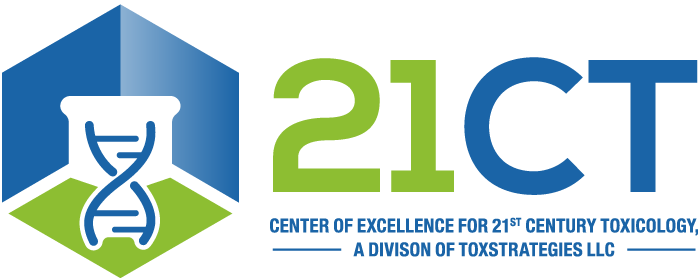2017
Mease K, Kimzey A , Lansita J. 2017. Biomarkers for nonclinical infusion reactions in marketed biotherapeutics and considerations for study design. Curr Opin Toxicol 4(June):1–15; doi: 10.1016/j.cotox.2017.03.005 . PMID: 29658009.
View Abstract
Topics: biomarkers
Borghoff SJ , Ring C, Banton M, Leavens TL. 2017. Physiologically based pharmacokinetic model for ethyl tertiary-butyl ether and tertiary-butyl alcohol in rats: Contribution of binding to a2u-globulin in male rats and high-exposure nonlinear kinetics to toxicity and cancer outcomes. J Appl Toxicol 37(5):621-640; doi: 10.1002/jat.3412 . PMID: 27885692.
View Abstract
Topics: modeling , pharmacokinetics
Greene T, Rogers S, Franzen A , Gentry R. 2017. A critical review of the literature to conduct a toxicity assessment for oral exposure to methyl salicylate. Crit Rev Toxicol 47(2):98–120; doi: 10.1080/10408444.2016.1236071 . PMID: 27834107.
View Abstract
Topics: benchmark dose estimation (BMD) , Exposure Assessment , food additives , mode of action
Fitzpatrick J, Patlewicz G . 2017. Application of IATA – A case study in evaluating the global and local performance of a Bayesian network model for skin sensitization. SAR QSAR Environ Res 28(4):297-310; doi: 10.1080/1062936X.2017.1311941 . PMID: 28423913.
View Abstract
Topics: Adverse outcome pathways (AOPs) , Bayesian modeling
Fitzpatrick JM, Roberts DW, Patlewicz G . 2017. What determines skin sensitization potency–Myths, maybes and realities. The 500 molecular weight cut-off – An updated analysis. J Appl Toxicol 37(1):105-116; doi: 10.1002/jat.3348 . PMID: 27283458.
View Abstract
Topics: Exposure Assessment
Fitzpatrick JM, Roberts DW, Patlewicz G . 2017. Is skin penetration a determining factor in skin sensitization potential and potency? Refuting the notion of a LogKow threshold for skin sensitization. J Appl Toxicol 37(1):117-127; doi: 10.1002/jat.3354 . PMID: 27357739.
View Abstract
Topics: Exposure Assessment
Lea IA , Gong H, Paleja A, Rashid, A, Foster J. 2017. CEBS: A comprehensive annotated database of toxicological data. Nucleic Acids Res 45(D1):D964–D971; doi: 10.1093/nar/gkw1077 . PMID: 27899660.
View Abstract
Topics: computational toxicology
2016
Patlewicz G , Casati S, Basketter D, Asturiol D, Roberts DW, Lepoittevin J-P, Aschberger K. 2016. Can currently available non-animal methods detect pre and pro haptens relevant for skin sensitization? Regul Toxicol Pharmacol 82(10):147-155;p doi: 10.1016/j.yrtph.2016.08.007 . PMID: 27569201.
View Abstract
Topics: Adverse outcome pathways (AOPs)
Thompson CM , Rager JE, Suh M , Ring CL, Proctor DM, Haws LC, Fry RC, Harris MA. 2016. Transcriptomic responses in the oral cavity of F344 rats and B6C3F1 mice following exposure to Cr(VI): Implications for risk assessment. Environ Molec Mutagen 57(9):706-716; doi: 10.1002/em.22064 . PMID: 27859739.
View Abstract
Topics: chromium , risk assessment , transcriptomics
Roberts DW, Api AM, Patlewicz G , Schultz TW. 2016. Chemical applicability domain of the Local Lymph Node Assay (LLNA) for skin sensitization potency. Part 1. Underlying physical organic chemistry principles and the extent to which they are represented in the LLNA validation dataset. Regul Toxicol Pharmacol 80(Oct):247-254; doi: 10.1016/j.yrtph.2016.07.007 . PMID: 27424000.
View Abstract
